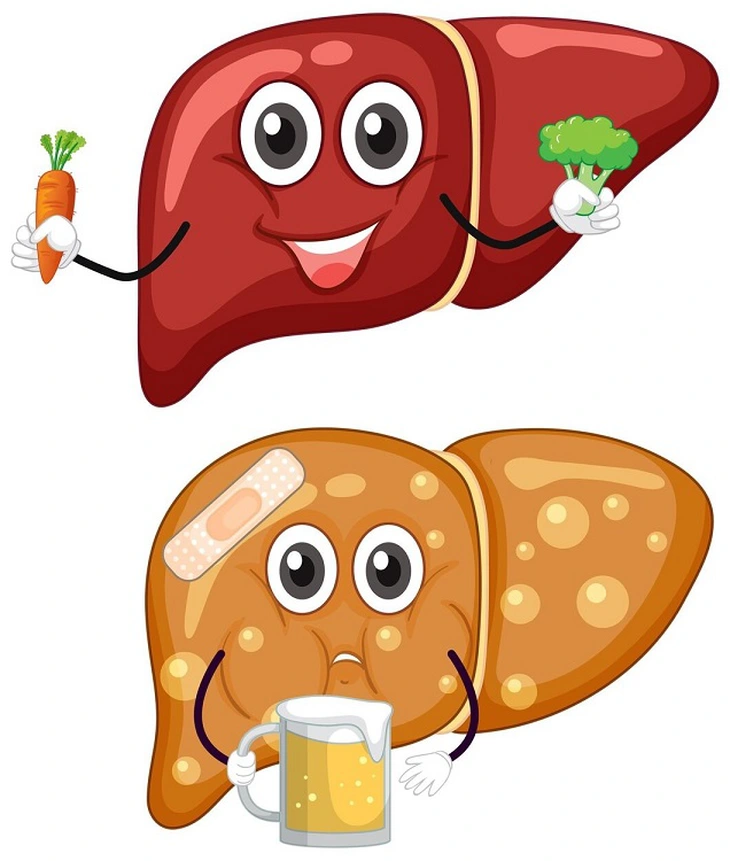
Unhealthy lifestyle increases the risk of fatty liver - Photo: BVCC
According to Dr. Bui Thi Thuy - Department of adult nutrition consultation, National Institute of Nutrition, non-alcoholic fatty liver disease (NAFLD) is a condition of fat accumulation (over 5% of liver weight) in people who do not drink or drink very little alcohol, and there is no other secondary cause (virus, drug, metabolic disease...).
NAFLD affects approximately 25-30% of the global population. The incidence of NAFLD is higher in people with obesity, type 2 diabetes, and dyslipidemia.
In Vietnam, the incidence of NAFLD tends to increase rapidly along with obesity and sedentary lifestyle. NAFLD is associated with insulin resistance, lipid and glucose metabolism disorders, and increased triglyceride accumulation in the liver.
These factors cause oxidative damage, inflammation, and mitochondrial dysfunction that contribute to liver inflammation and fibrosis.
Currently, there is no medical treatment for non-alcoholic fatty liver disease, which means focusing on lifestyle changes including healthy eating, regular exercise, maintaining a healthy weight and getting enough sleep is the best way to prevent liver damage from starting when the disease is in its early stages.
Dietary principles for fatty liver disease
According to Dr. Thuy, it is necessary to limit fat intake because fat provides high calories and increases the risk of overweight and obesity.
Replacing saturated fats and trans fats with unsaturated fats, especially Omega-3s, may reduce the risk of heart disease.
Reduce saturated fat to less than 7-10% of total daily energy. Average requirement is 45-60g/day (accounting for about 20-25% of total energy).
Healthy fat sources should come from 20–25g of vegetable oil per day (about 2 tablespoons), 15–20g of nuts such as walnuts, almonds, or sesame.
In addition, adults should eat fatty fish (salmon, mackerel, sardines) at least 2-3 times per week to supplement omega-3 fatty acids that are beneficial for the heart and liver.
Increase foods with a low glycemic index (GI) such as green vegetables, whole grains, beans and some fruits such as pears, oranges, apples, guava, grapefruit.
Main sources include about 300-350g of white rice or brown rice (equivalent to 2-2.5 bowls per meal × 2 meals), 2-3 slices of wholemeal bread and about 100-150g of boiled sweet potato or potato. Adults should also eat 2 to 3 servings of fresh fruit per day (each serving is about 80-100g).
Avoid foods and drinks that are high in simple sugars, especially fructose. Fructose is found in sugary soft drinks, sports drinks, sweetened teas, and fruit juices.
Up to now, the recommended amount of sugar is a maximum of 10% of total daily energy and ideally less than 5% of total energy (ie about 25g/day for adults).
Avoid alcohol as it can further damage the liver and worsen the condition.
Which food groups should you choose?
Whole grains: Brown rice, oats, whole wheat bread, and barley provide fiber and help control blood sugar.
Healthy protein: Lean meat (chicken breast, lean pork), fatty fish (salmon, sardines), tofu, soybeans help enhance liver function and are low in bad fats.
Unsaturated fats : Olive oil, canola oil, avocado, chia seeds, flax seeds - help reduce inflammation and improve fat metabolism.
Green vegetables and fruits: Kale, broccoli, Malabar spinach, carrots, pumpkin, tomatoes - provide antioxidants and support liver detoxification.
Low sugar fruits : Apples, grapefruit, guava, pears, strawberries, blueberries - low sugar and rich in vitamins.
Low-fat milk : Skim milk, unsweetened yogurt, unsweetened soy milk.
Natural spices : Garlic, ginger, turmeric - have anti-inflammatory properties and support liver function.
Water and healthy drinks : Water, green tea, artichoke tea (unsweetened).

Candy and sugary foods are recommended to be limited when wanting to protect the liver.
Food groups to eliminate or limit in the diet
Saturated fat and trans fat: Animal fat, butter, sausage, salami, deep-fried foods…
Refined sugar and starch: White sugar, carbonated soft drinks, cakes, candy, canned juices, white rice eaten too much.
Fast food and processed foods: Fried chicken, pizza, french fries, instant noodles, packaged snacks - contain a lot of salt and bad fats.
Alcohol and alcoholic beverages: Should be completely avoided because they directly harm the liver.
Animal organs: Liver, intestines, heart, brain - contain a lot of cholesterol and aggravate fatty liver condition.
Whole milk and full-fat dairy products: Cream, whole milk.
Foods high in salt and sodium: Pickles, dried fish, salty fish sauce, canned food.
Change inappropriate lifestyles and habits
Maintaining adequate and timely sleep is an important factor in effective disease management. The habit of staying up late disrupts circadian rhythms, reduces sleep quality, and increases the risk of inflammatory factors, thereby causing negative effects on disease progression.
Maintain an average sleep of 7-8 hours/day. Exercise regularly 30 minutes a day, at least 5 days/week.
Drink enough water every day (1.5–2 liters), limit the use of sugary and carbonated soft drinks. Monitor liver enzymes and disease progression periodically and follow your doctor's treatment instructions.
Dr. Thuy also recommends that because there is no specific treatment, diet plays an important role in controlling the progression of non-alcoholic fatty liver disease.
Choosing healthy foods and limiting factors that are harmful to the liver such as bad fats, simple sugars, alcohol and processed foods will help reduce fat in the liver, improve liver function and prevent progression to hepatitis and cirrhosis.
In addition to diet, patients also need to combine appropriate physical exercise and regular check-ups to monitor disease progression.
Source: https://tuoitre.vn/khong-uong-ruou-bia-van-bi-gan-nhiem-mo-an-gi-de-gan-khoe-20250818173622693.htm





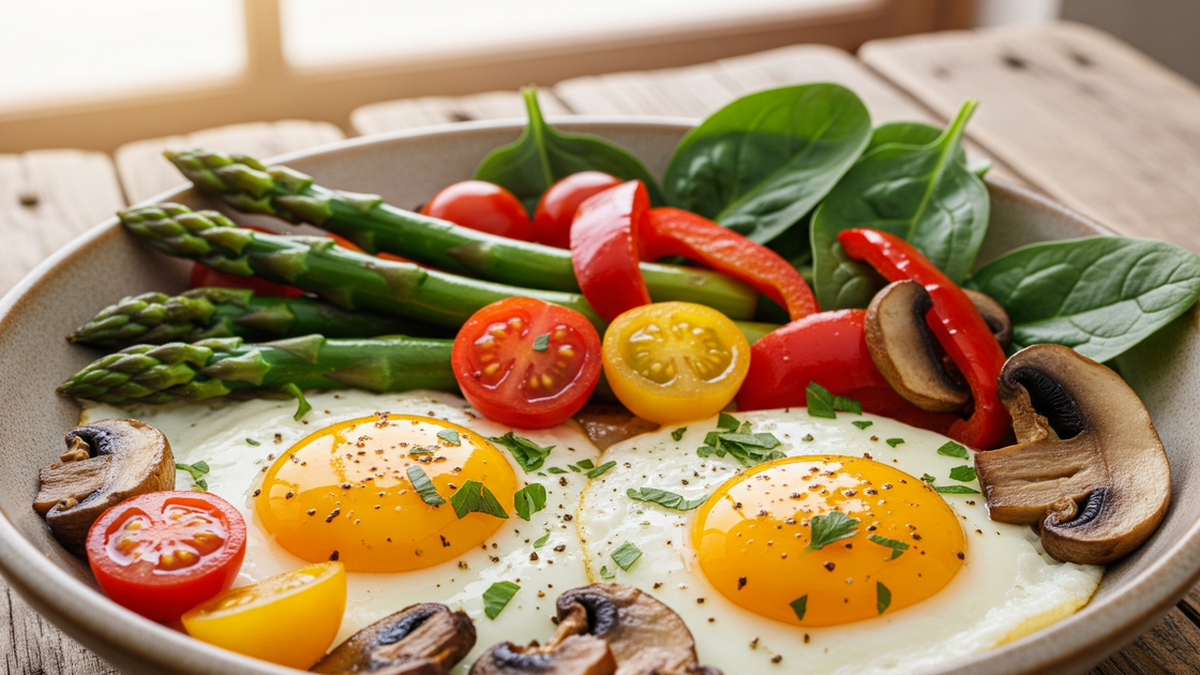
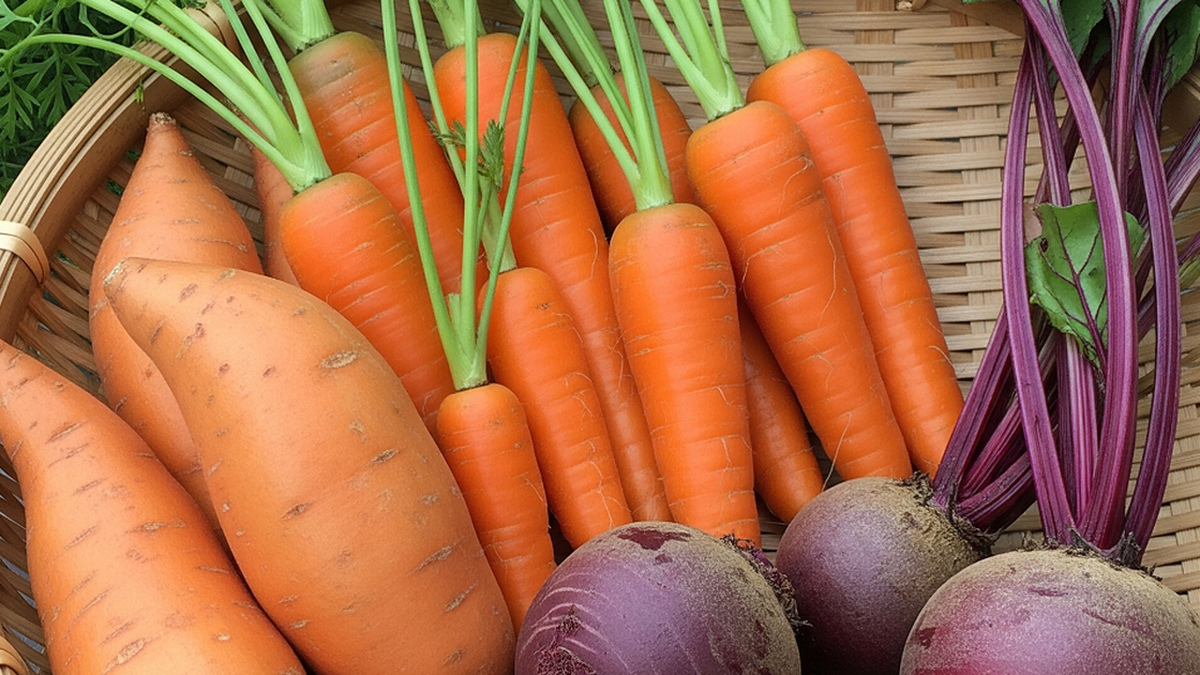



















![[Photo] Prime Minister Pham Minh Chinh receives Australian Foreign Minister Penny Wong](https://vphoto.vietnam.vn/thumb/1200x675/vietnam/resource/IMAGE/2025/8/20/f5d413a946444bd2be288d6b700afc33)



![[Photo] Politburo works with Standing Committees of Lang Son and Bac Ninh Provincial Party Committees](https://vphoto.vietnam.vn/thumb/1200x675/vietnam/resource/IMAGE/2025/8/20/0666629afb39421d8e1bd8922a0537e6)

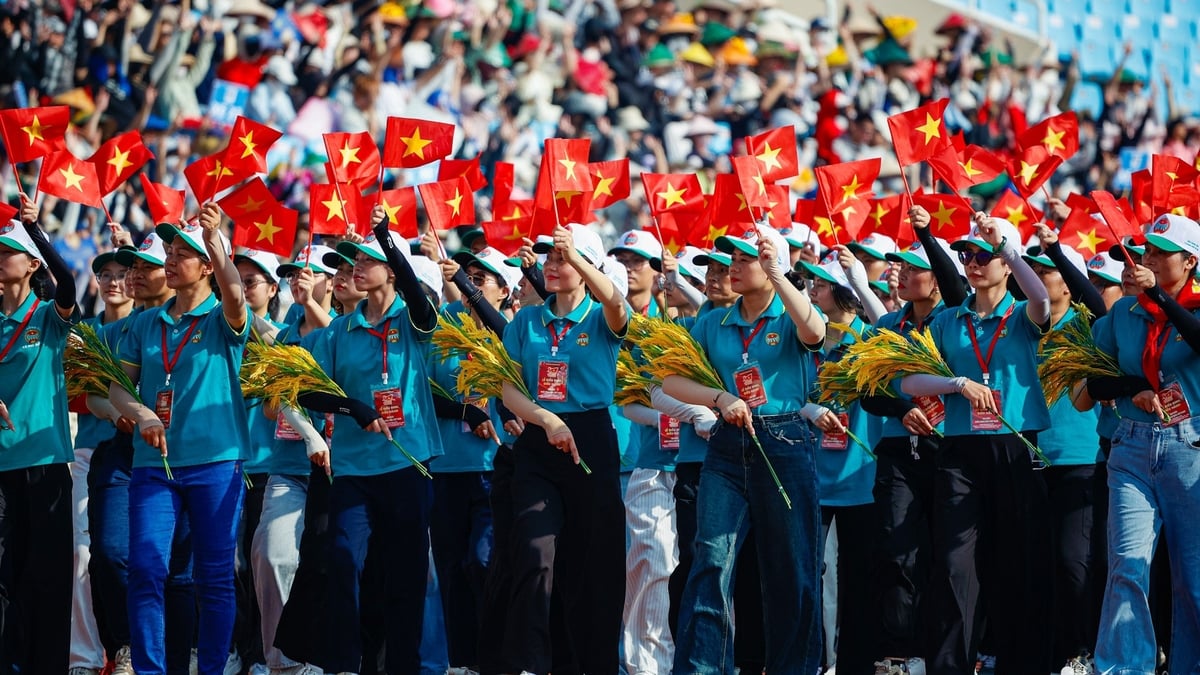






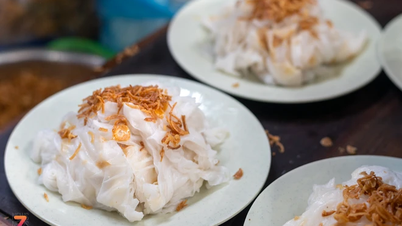



















































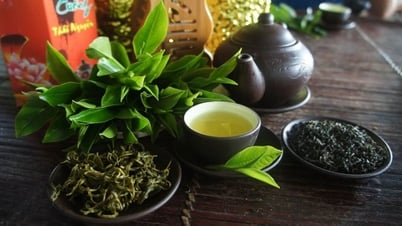





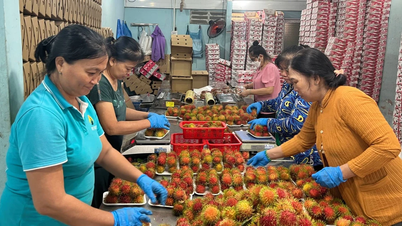





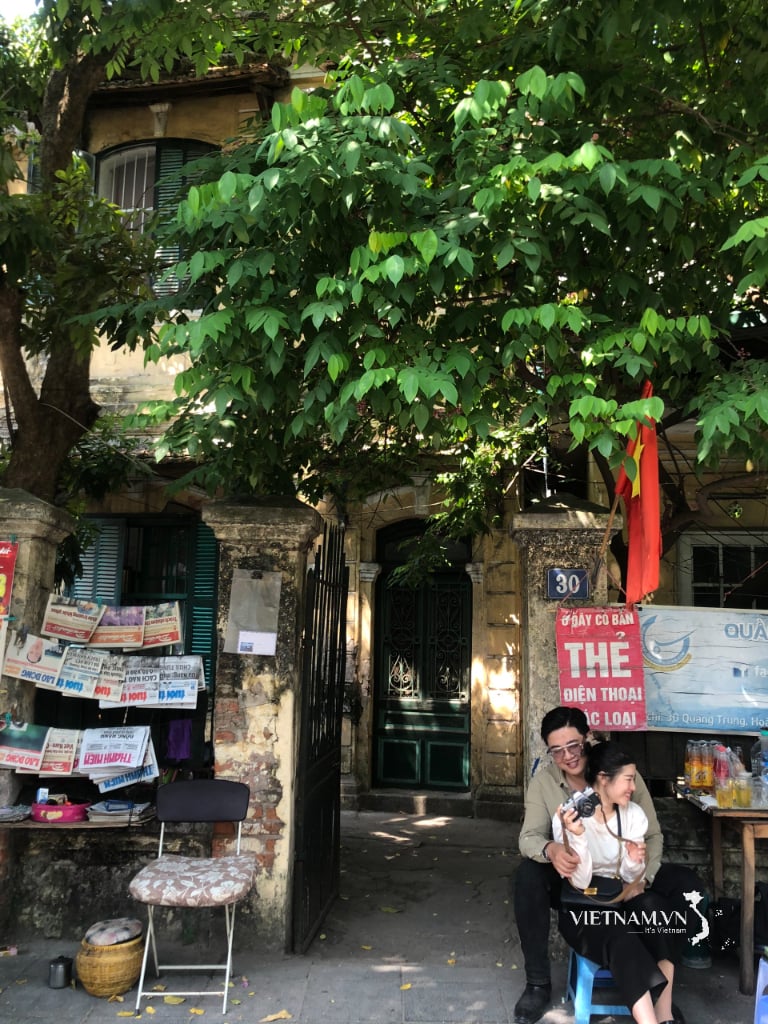
Comment (0)